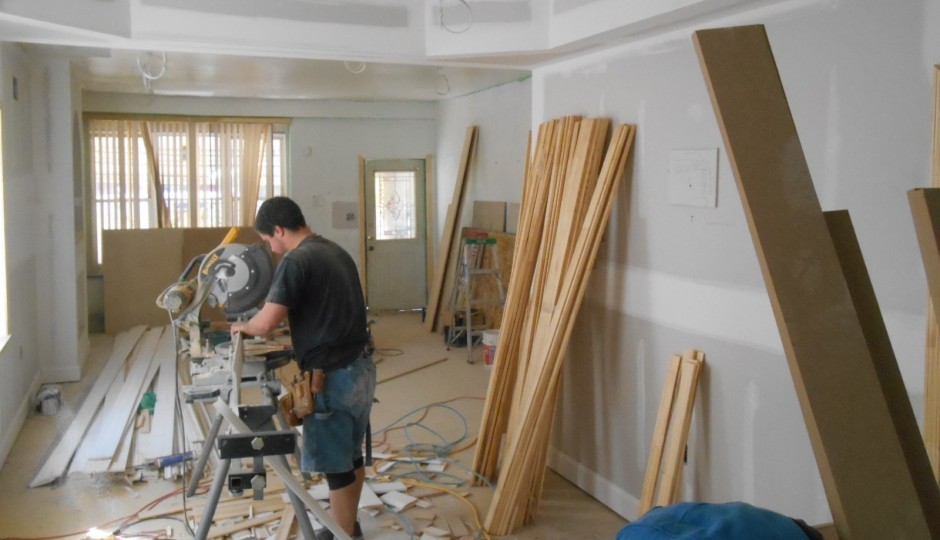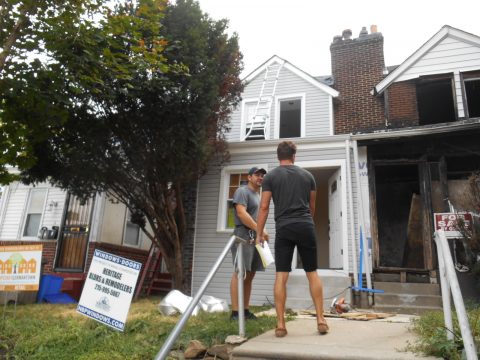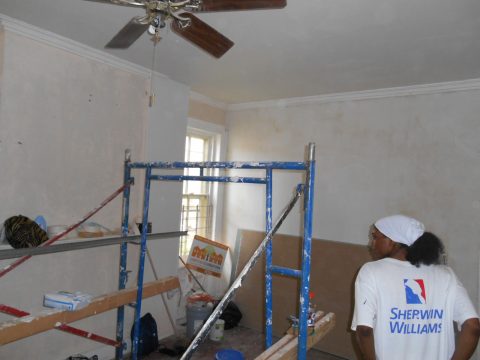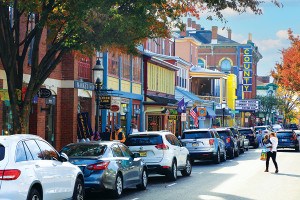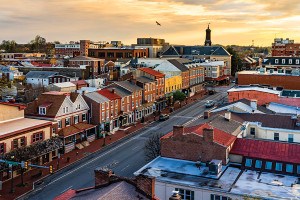New Wave: Jumpstart Germantown’s Developer Mentorship Program off to Great Start
It’s been about eight months since we’ve checked in with developer Ken Weinstein regarding the Jumpstart Germantown program, an incubator of sorts for people looking to get their foot in the door of real estate development. Typically, we’re asking him about his various workings in private development through his company Philly Office Retail, but the success of the mentorship program has really started to take hold and make an impact.
“What’s really hit me about the program is how much pent up demand there is for people who want to be in economic development,” said Weinstein. He added that he wants to take that demand from mere “coffee table talk” to a reality.
Though it may not be one of the booming neighborhoods that ring Center City, Germantown is one of the most affordable (and historic) places in the city. Getting into town and around the region is a relative breeze, as it offers great access to nearby highways, two train lines and multiple bus routes. The neighborhood has a lot going for it, including a spruced up Vernon Park, a growing business district, and plenty of opportunity for those looking to responsibly redevelop the aging or vacant housing stock, an area in the neighborhood that’s in desperate need of reinvestment.
It’s focused on three tentpoles: mentoring, developer networking and a loan program. The three combined will give newbies (or even veterans) looking to do work in Germantown a real head start in connecting the dots to get a project off the ground and back into a useful life. It’s especially needed in Germantown, due to it’s aging housing stock and an overabundance of vacant properties.
The program has about 10 mentors to lead what now amounts to 75 graduates of the initial 9-hour training course. They’ve received over 100 applications thus far, and more are on the way. “We’ll continue into [accept applications] into 2016, but our goal is to take everyone who has applied and work them through the program,” added Weinstein.
Finding the property to develop is one of the most difficult things to do in real estate development, said Weinstein. The competition is fierce, and developers don’t tend to share their notes on the scene. The developers networking side of the program is meant to help gather ideas and share resources. The group meets four times per year and a guest speaker helps further educate and connect the group.
From there, Weinstein and crew look to tackle two of the biggest roadblocks for people looking to break into development work: experience and funding.
“If we can take those two barriers away, then the sky is the limit,” he said. As such, JP Morgan has made a $2 million line of credit available for those in the program looking to rehab properties in Germantown. Terms are typically up to an 85% loan to cost for the project, so graduates could only have to put up 15% to get started. “We are bending over backwards to try and make loans work for people,” admitted Weinstein.
The loan program is interesting, as it’s meant to be a well-oiled revolving door of sorts. Unlike the high interest rates given by hard money lenders, who also typically need to see a pattern of development success by the applicant, the program eases the standards and due diligence of the development process to make the loans at lower rates, which is typically 6% in the program. The revolving door part comes into when after a property stabilizes in a buy and hold scenario (where the developer fixes the property and keeps it for rentals), a traditional bank will come in and takeover the loan from JP Morgan. That money then goes back in the pot and can be used for another project within the Jumpstart Germantown portfolio.
So far, the program has closed on eight such loans for various projects on properties with a wide range of needs. Some are rehabs that need of minor or cosmetic improvements, such as a new kitchen, which costs around $20,000. Others are far more intensive, seeking over $100,000 to first stabilize the building and then start anew.
The first few buy and hold projects are about to be completed, so it will be interesting to see what the future holds for them, and the program. “It’s really powerful,” said Weinstein. “Some people will make this their career, and that’s really exciting to make an impact. The impact goes beyond Germantown’s borders … ultimately, they’ll be looking at other neighborhoods in the city. And that’s okay.”
Though it’s early days for Jumpstart Germantown, Weinstein mentioned that he’s been seeing a lot of interest far and wide about the impact of the program, and thinks it could be adopted by other parts of the city and the state. “We have received calls as far away as Pittsburgh to see how we’re doing,” said Weinstein. “It’s still young, but I’m hoping that we will see this duplicated elsewhere. They just need finding and someone to implement the program. It could be a developer like me or a Community Development Corporation who does it. I think any CDC in the city could replicate this”
